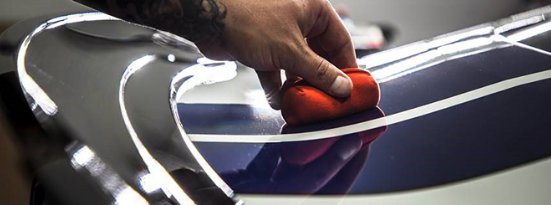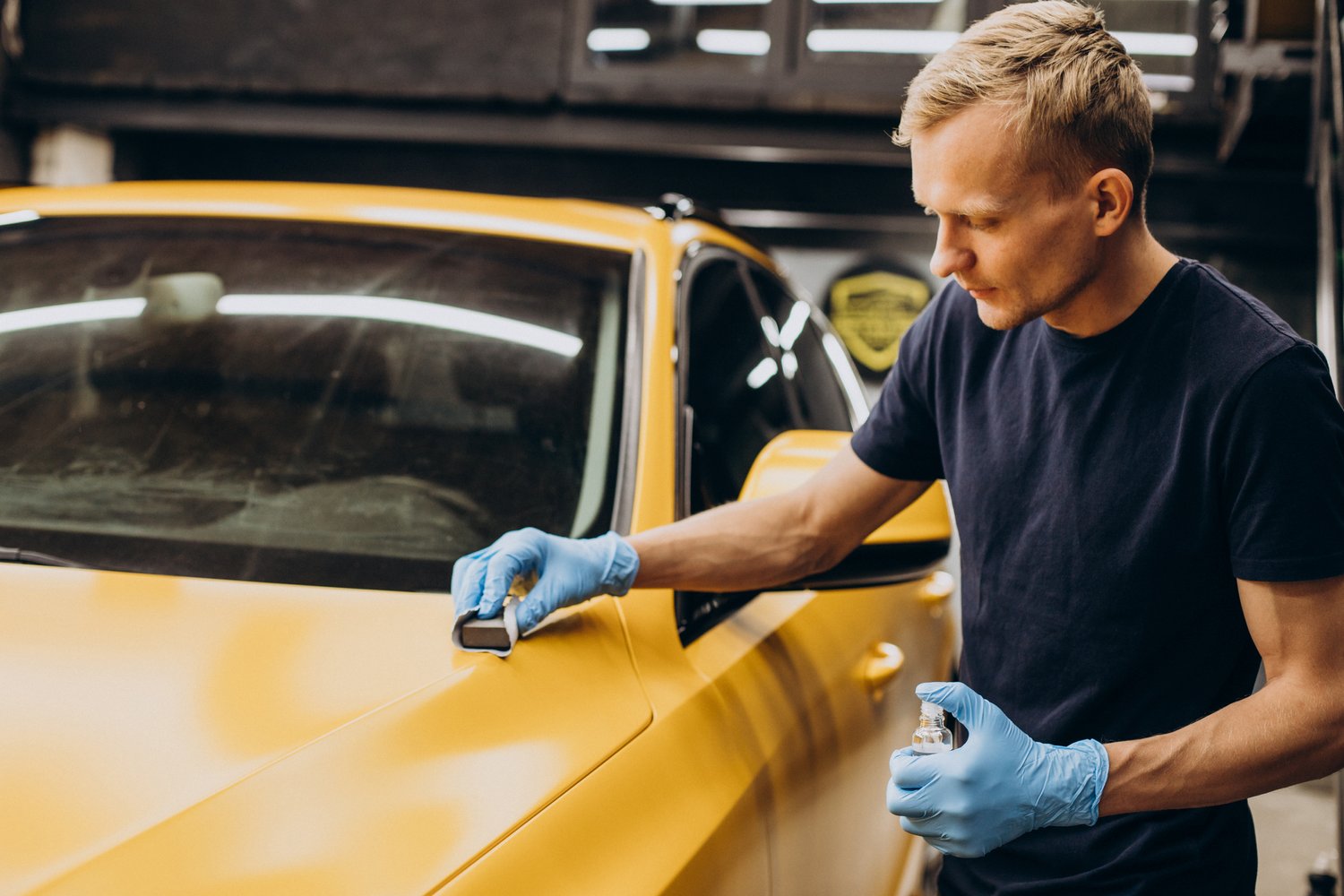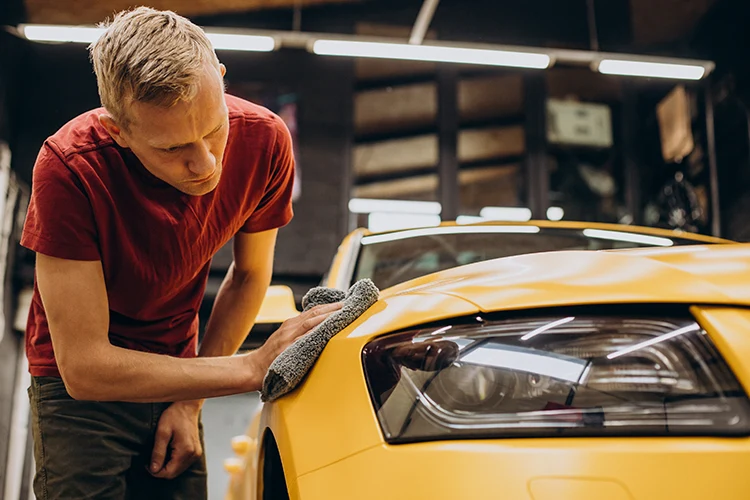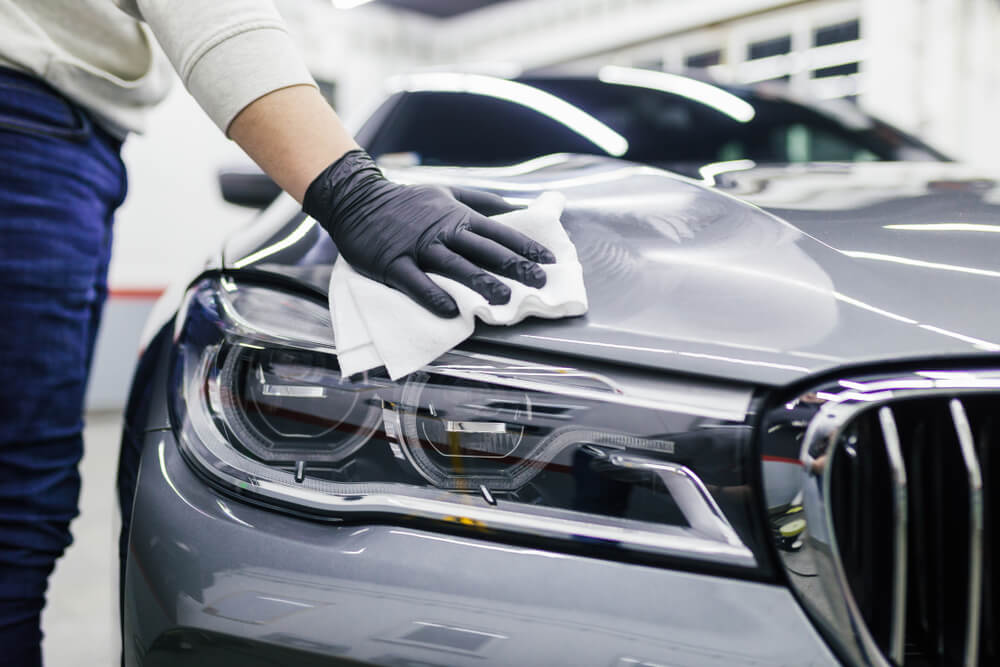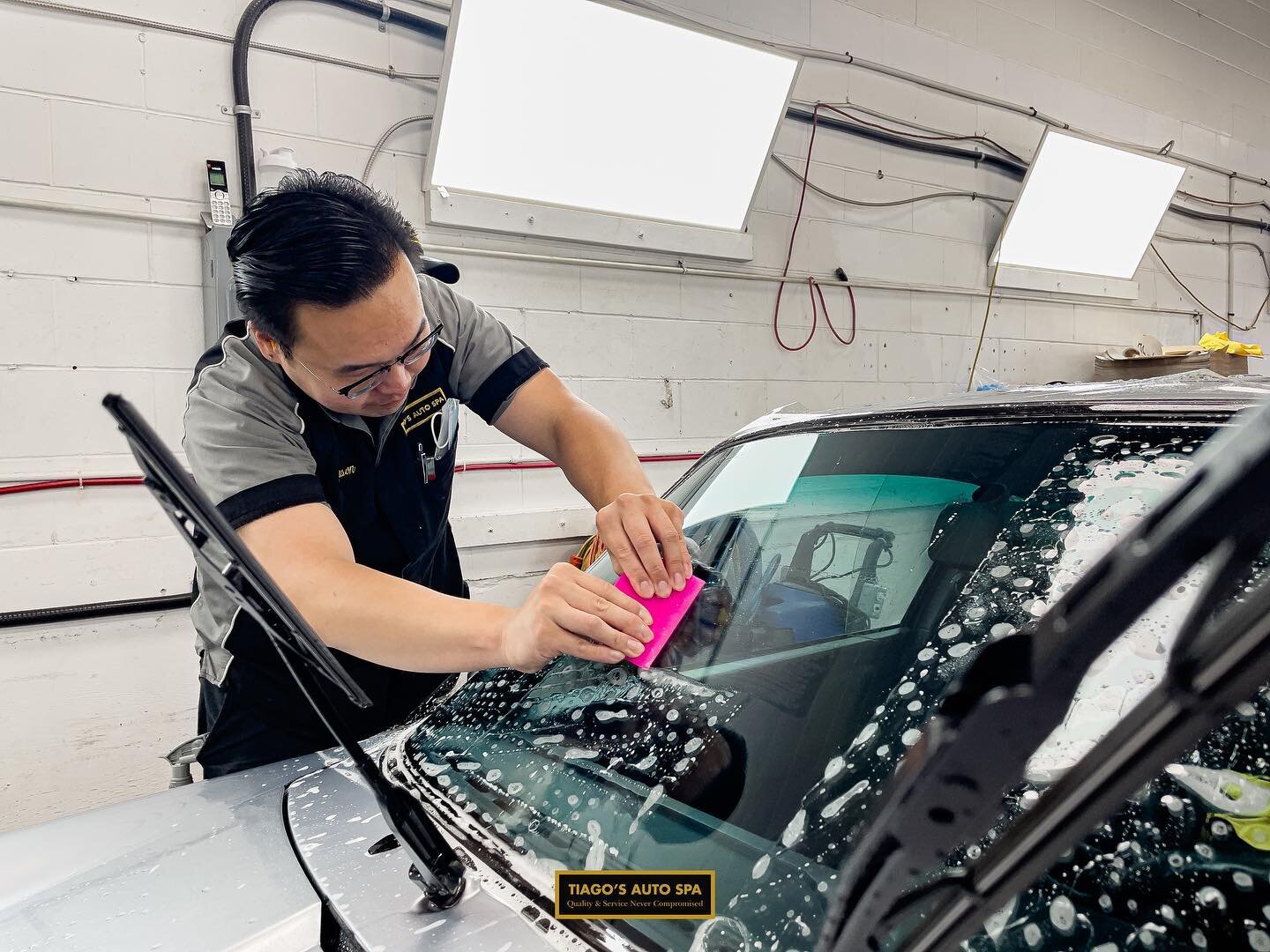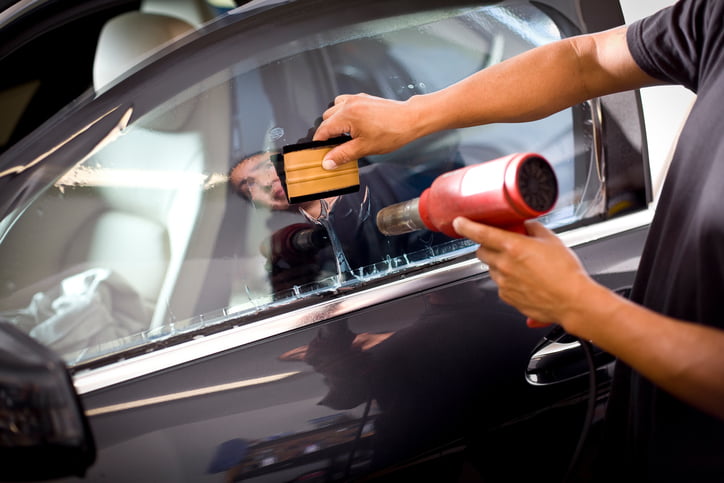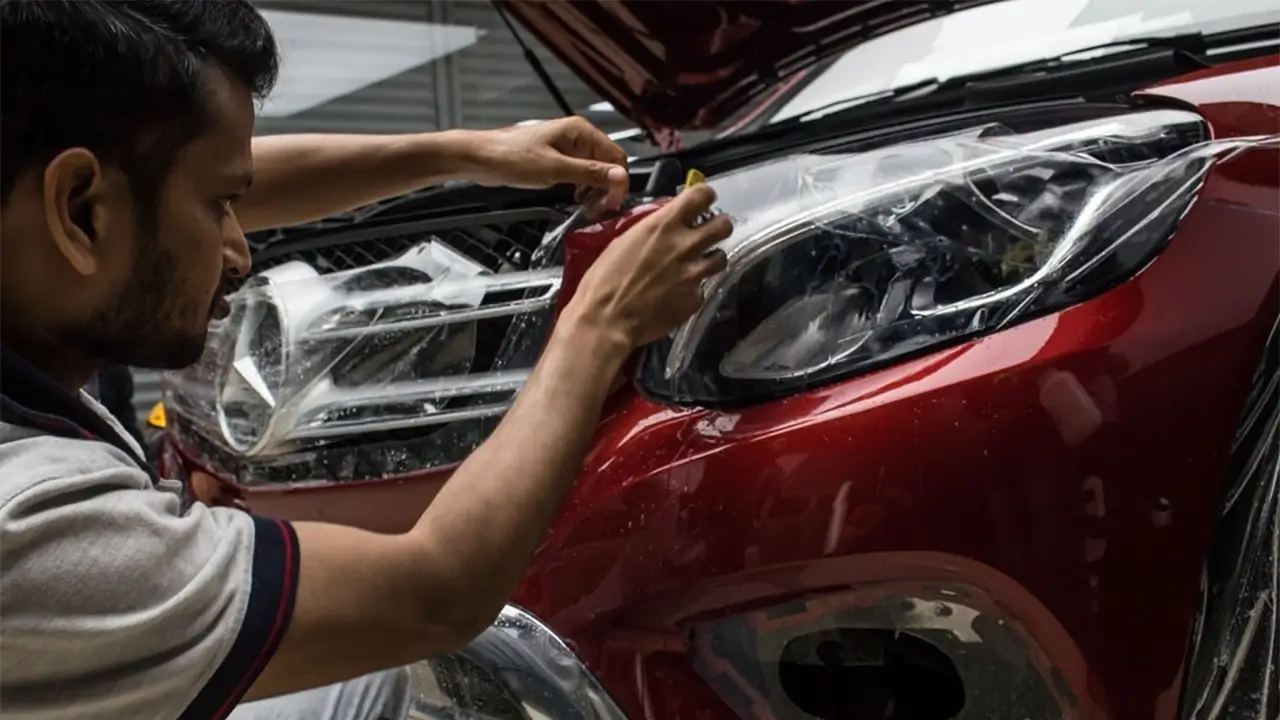
Why Branded PPF is a Must for Premium Cars, Especially White Ones
Regarding the overall appearance of the car, it is best to keep it clean and tidy regularly to ensure it looks its best with ceramic coating in noida. When it comes to wheels, most people would agree that new, shiny wheels look more attractive and professional than plastic hubcaps and hubcaps,

